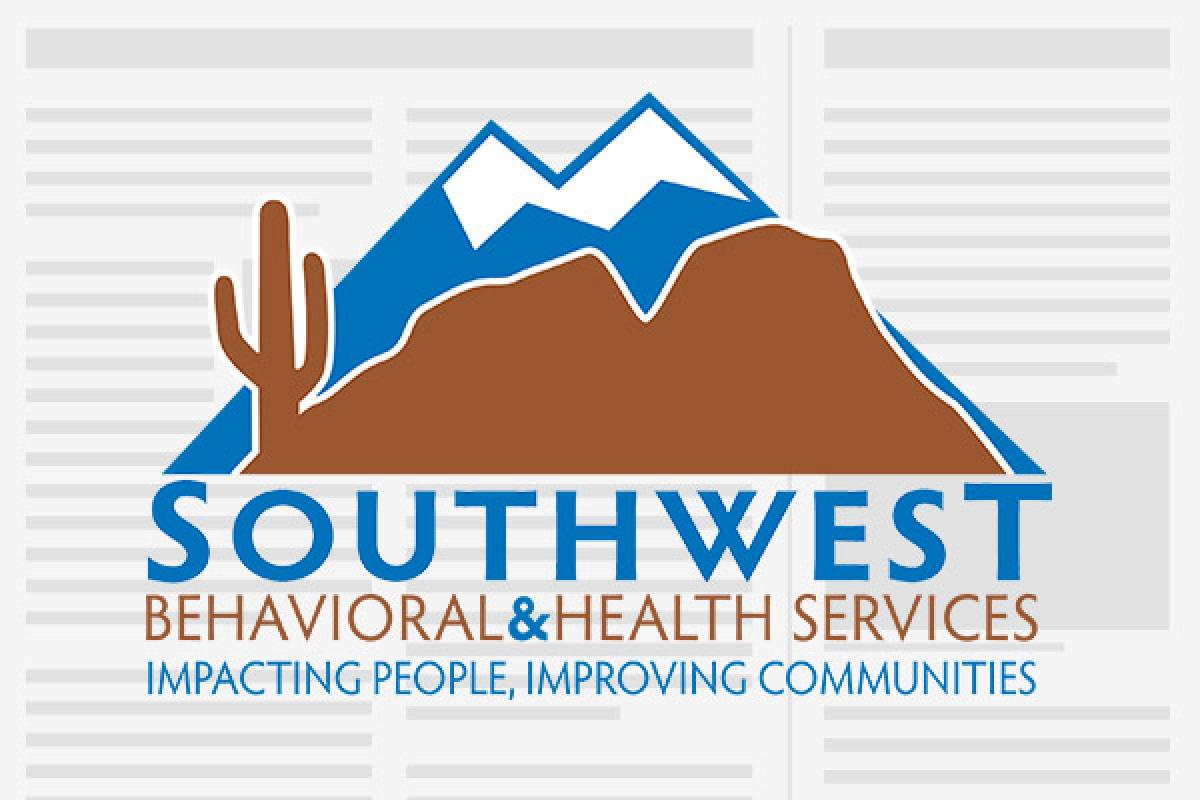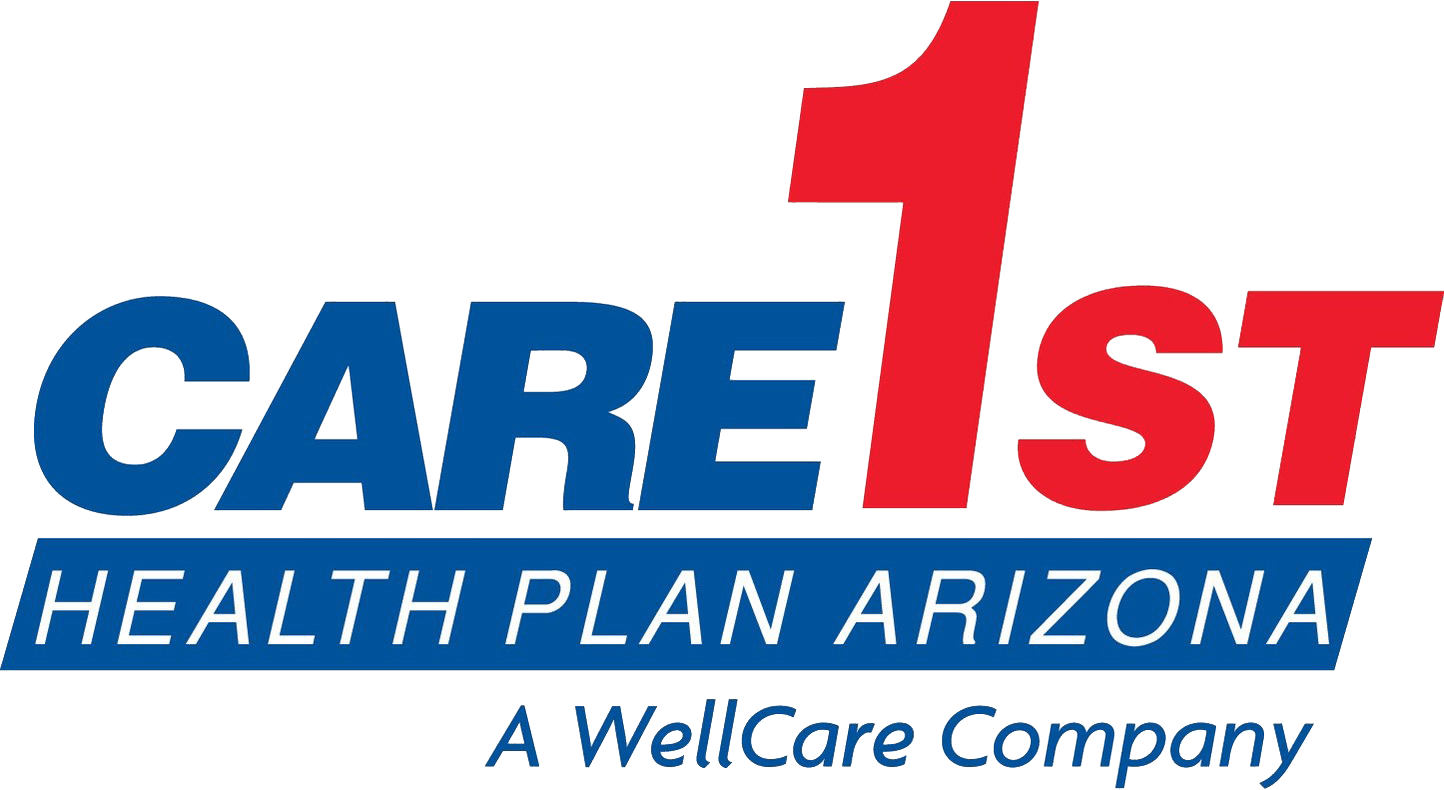
What the Surgeon General Says About Opioids
The opioid epidemic in the United States has been a hot topic lately, especially in the drug prevention world. But what exactly is an opioid? An opioid is a drug that is typically used for pain relief. Opioids can be prescribed in forms such as Oxycodone and Fentanyl, or can be used illegally through heroin or misuse and abuse of prescription medications. When used in high doses or not as prescribed, opioids depress the areas of our brain that control our breathing, heart rate and temperature, which can lead to death. Recently, the Surgeon General of the United States released a Spotlight on Opioids Report, and this is what you need to know.
The Surgeon General’s report states that in 2017, 11.1 million individuals had misused prescription pain relievers in the past year. In addition, 886,000 individuals aged 12 or older had used heroin in the last year. These numbers are shocking, especially considering the severe consequences of an opioid overdose. In 2017, the Centers for Disease Control and Prevention estimate that 47,872 people died of an opioid overdose. That’s approximately 131 individuals that died each day and is 5,000 more than those who died of an opioid overdose in 2016.
These may seem like daunting numbers, but here’s how the Surgeon General says you can help:
- Reach out- If you or someone you know has a problem with opioid misuse, reach out, help is out there.
- Be supportive- If you have a loved one that is struggling with a substance use disorder, show them that you are supportive of their recovery and are always there for them.
- Carry Naloxone- If you or someone you know uses opioids, carry Naloxone and know how to use it. This can reverse an opioid overdose.
- Talk to your children- If you are a parent, have open and honest conversations with your child about the risks of drug use.
- Discuss other pain management options- If you or a loved one is prescribed an opioid, ask your doctor if there are any other pain management options that you can use instead of an opioid.
- Only take what is prescribed- Never take someone else’s prescription and always use your prescription as prescribed.
- Dispose of old medications- If you have old prescription medications sitting in your medicine cabinet properly dispose of them at a drug take back event or reach out to us for a DisposeRX packet.
If you would like to learn more or read the full Surgeon General’s report please click here. Call 1-855-DRUGFREE to connect with specialists from DrugFree.org and get one-on-one help if your child is struggling with drug or alcohol use.














